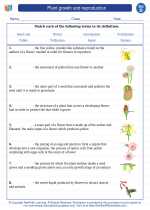Survive: Exploring the Science of Survival
Survival is the ability of an organism to endure and thrive in challenging conditions. It is a key concept in biology and ecology, and understanding the science of survival is essential for understanding the natural world.
Key Concepts
1. Adaptations: Organisms develop physical and behavioral traits that help them survive in their environment. These traits are called adaptations.
2. Food, Water, and Shelter: The basic needs for survival are food, water, and shelter. Organisms must find ways to meet these needs in their environment.
3. Natural Selection: Organisms that are better adapted to their environment are more likely to survive and reproduce, passing on their advantageous traits to the next generation.
4. Climate and Geography: Different climates and geographical features present different survival challenges for organisms. Understanding these factors can help predict how different species will thrive in a given area.
Study Guide
1. What are some examples of physical and behavioral adaptations that help organisms survive in their environment?
2. How do different organisms meet their basic needs for food, water, and shelter in various environments?
3. How does natural selection contribute to the survival of species over time?
4. Investigate the impact of climate and geography on the survival of different species. Give examples of how specific features of an environment can affect the survival of organisms.
By exploring these key concepts and study guide questions, you can gain a deeper understanding of the science of survival and its role in the natural world.
.◂Science Worksheets and Study Guides Fourth Grade. Plant growth and reproduction
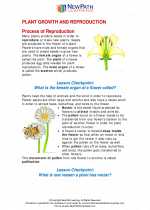
 Worksheet/Answer key
Worksheet/Answer key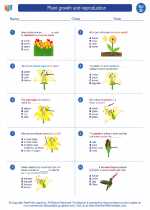
 Worksheet/Answer key
Worksheet/Answer key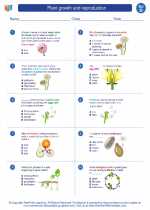
 Worksheet/Answer key
Worksheet/Answer key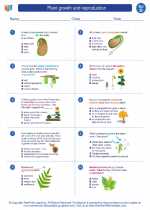
 Vocabulary/Answer key
Vocabulary/Answer key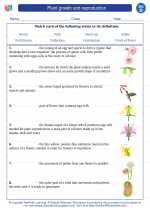
 Vocabulary/Answer key
Vocabulary/Answer key